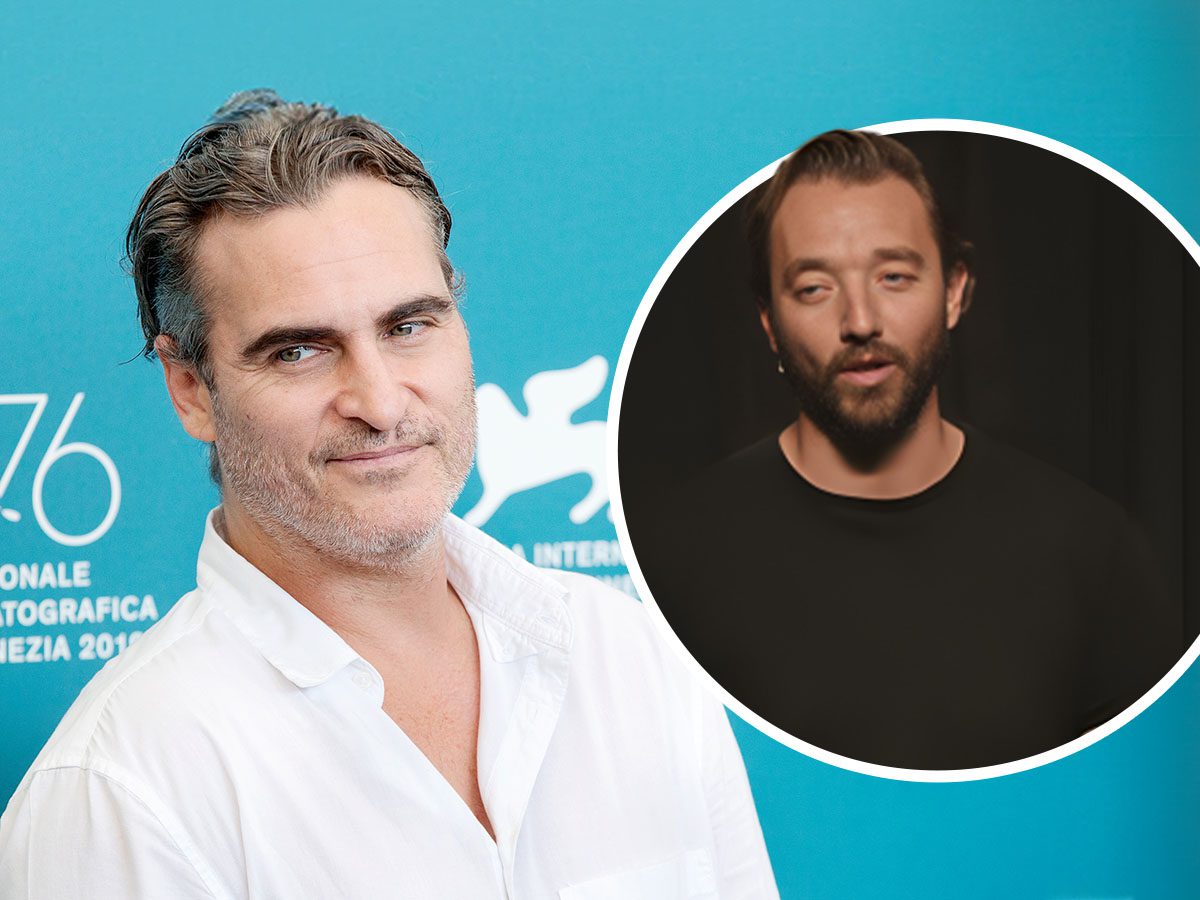
Oregon Pastor Jesse Lusko, leader of Counterculture Church in Portland, recently shared a powerful testimony of faith, forgiveness, and redemption in an October sermon series centered around the biblical story of Jonah. What made his message even more profound was a personal experience he had this past spring: sharing the Gospel with none other than Joaquin Phoenix, the actor who famously portrayed the Batman villain Joker.
In the sermon, Lusko explored how vengeance and unforgiveness can twist a person’s soul, using the Joker character as a metaphor. Phoenix’s character, Arthur Fleck, is a man who, after enduring a life filled with hardship, becomes consumed by anger and spirals into violence. Lusko used this story as a springboard to reflect on his journey toward healing and the importance of forgiveness.
Lusko recounted a remarkable meeting with Phoenix that occurred just before his father’s funeral. Following his father’s battle with cancer, Lusko was with his family preparing for the service when he stopped by a local coffee shop. A friend casually mentioned that Phoenix had just been in line ahead of him. Moved by the memory of his father, who had always admired Phoenix’s work, Lusko decided to approach the actor.
What began as a simple conversation turned into a moment of profound connection. Lusko shared his father’s life story, which included a journey of personal transformation and faith in Christ. “My dad experimented with drugs, hitchhiked around the United States, lost his mom to brain cancer, and saw his stepfather murdered by a business partner,” Lusko told Phoenix. “But he came to Christ, and that changed his life.”
Phoenix, deeply moved by the story, shared that he had also lost his father to cancer. Later, the two met again in the hotel, where Phoenix requested a photo together, touched by their earlier conversation. They even discussed Phoenix’s portrayal of Johnny Cash in “Walk the Line,” a role that highlighted themes of redemption and faith. Lusko took the opportunity to pray over Phoenix, asking for God’s grace to be with him.
In his sermon, Lusko explained why this encounter with Phoenix meant so much to him. He opened up about his own struggles with childhood trauma, revealing that a family friend abused him. The experience left him grappling with the concepts of justice and vengeance from a young age. As a child, Lusko had fixated on Batman as a symbol of justice, telling his best friend that his life’s purpose was to hunt down the man who abused him.
But Lusko’s father, a committed Christian by that time, encouraged him to trust in God’s plan. “My dad told me that God would use my pain for good, just like Joseph in the Bible,” Lusko shared. Still, for years, Lusko’s heart harbored bitterness and a thirst for revenge. He reflected, “When you allow bitterness to fester, it twists you. You don’t become Batman; you become the Joker.”
Lusko shared how, over time, the weight of vengeance began to eat away at him. However, through his deepening relationship with Jesus, he found a path toward healing and forgiveness. He likened his experience to Jonah’s struggle with bitterness, noting that Jonah was angry with God even after delivering the people of Nineveh from destruction.
Lusko’s journey culminated at his father’s funeral, where he decided to forgive his abuser publicly. Standing before a large audience, Lusko declared, “I forgive you.” The words, though difficult, were liberating. He explained to his congregation that forgiveness does not mean overlooking justice, but it allows a person to seek justice without descending into a destructive cycle of vengeance.
“Forgiveness allows you to seek justice without it spiraling out of control,” he said. “Forgiveness sets you free to have a heart that wants healing, not one that goes crazy and wants the whole city to burn, like the Joker.”
Reflecting on his unexpected encounter with Phoenix the day before his father’s funeral, Lusko shared, “The day before, I got to share the Gospel with the Joker. And then, at the funeral, I stood on stage and said the name of my abuser, and I forgave him.”
For Lusko, the experience underscored the transformative power of God’s grace. It was a reminder that forgiveness is not only a gift for the person receiving it but also a path to freedom for the one who forgives.
“That’s what God’s grace did in my life,” Lusko concluded. “I think it was pretty profound that God allowed that to happen the day before my dad’s funeral.”


